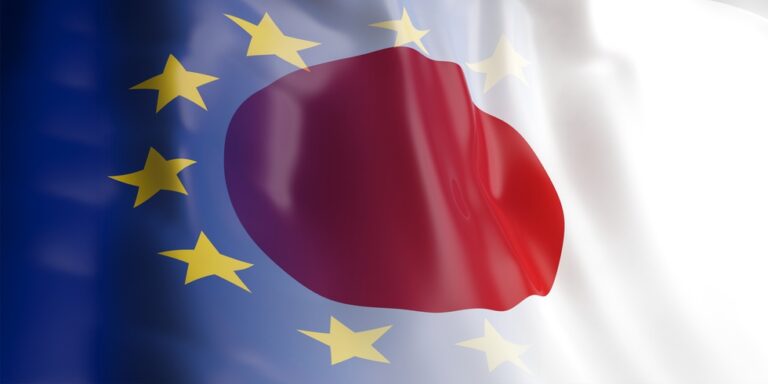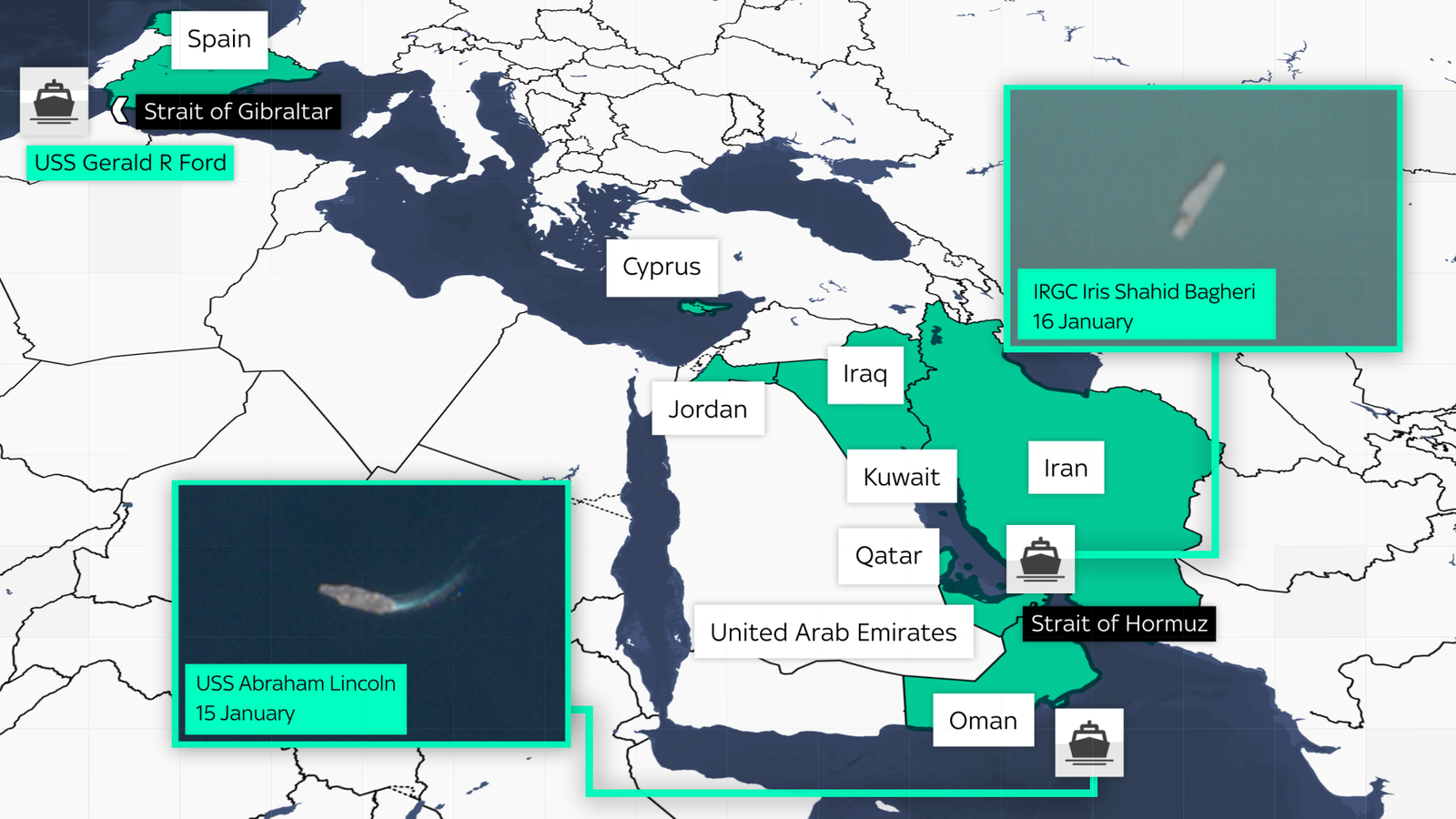The European Parliament has ratified the EU’s trade agreement with Japan creating the world’s largest free trade zone early next year and signaling the rejection of protectionism.
The Economic Partnership Agreement between the EU and Japan is the largest bilateral trade deal ever negotiated by the EU. It was approved with 474 votes to 152 with 40 abstentions.
The agreement will remove almost all custom duties adding up to €1 billion annually for EU companies and represents a clear stance in support of rules-based, free and fair trade at a time of serious protectionist challenges.
“Today’s approval is a key milestone for fair trade based on rules and values, amid rising protectionism. The agreement will help promote high standards and strengthen sustainable development in trade policy. The European Parliament is sending a very progressive message and will continue to do its part, so that the biggest EU bilateral trade agreement truly works for both citizens and businesses,” said Pedro Silva Pereira (S&D, PT), the rapporteur in charge of the trade agreement.
Bernd Lange (S&D, DE), the chair of the trade committee said the European Parliament’s answers to the challenges of globalisation are cooperation and global standard setting. “We firmly reject inward-looking protectionism and nationalist tendencies – they will not solve the pressing problems we are facing, but only drive us further apart. It will be crucial to swiftly implement the accord and involve civil society at every step to ensure that the agreement benefit workers and citizens.”
“Everyone knows there is a tariff man on the other side of the Atlantic. Our answer is clear. We are not tariff men, but the people of fair trade,” he added.
EU Trade Commissioner Cecilia Malmstrom said the deal would bring clear benefits to EU companies and farmers. Japan’s parliament approved it on Saturday.
“If all goes well, it should be able to enter force on February 1,” she told Reuters. “The agreement is not only sending a signal to the world. It is also extremely advanced when it comes to opening markets.
Japan had been part of the 12-nation Trans-Pacific Partnership that Trump rejected on his first day in office, turning Tokyo’s focus to other potential partners.
The EU has also looked elsewhere after TTIP (Transatlantic Trade and Investment Partnership) negotiations with the United States stalled in 2016. It concluded an updated trade deal with Mexico earlier this year.
The agreement will remove EU tariffs of 10% on Japanese cars and 3% for most car parts. It will scrap Japanese duties of some 30% on EU cheese and 15% on wines as well as open access to public tenders in Japan. It will also open up services markets, such as financial services, telecoms, e-commerce and transport.
Agriculture, SMEs win
The Economic Partnership Agreement between the EU and Japan is the largest bilateral trade deal ever negotiated by the EU. It was approved with 474 votes to 152 with 40 abstentions.
The agreement will remove almost all custom duties adding up to €1 billion annually for EU companies and represents a clear stance in support of rules-based, free and fair trade at a time of serious protectionist challenges.
“Today’s approval is a key milestone for fair trade based on rules and values, amid rising protectionism. The agreement will help promote high standards and strengthen sustainable development in trade policy. The European Parliament is sending a very progressive message and will continue to do its part, so that the biggest EU bilateral trade agreement truly works for both citizens and businesses,” said Pedro Silva Pereira (S&D, PT), the rapporteur in charge of the trade agreement.
Bernd Lange (S&D, DE), the chair of the trade committee said the European Parliament’s answers to the challenges of globalisation are cooperation and global standard setting. “We firmly reject inward-looking protectionism and nationalist tendencies – they will not solve the pressing problems we are facing, but only drive us further apart. It will be crucial to swiftly implement the accord and involve civil society at every step to ensure that the agreement benefit workers and citizens.”
“Everyone knows there is a tariff man on the other side of the Atlantic. Our answer is clear. We are not tariff men, but the people of fair trade,” he added.
EU Trade Commissioner Cecilia Malmstrom said the deal would bring clear benefits to EU companies and farmers. Japan’s parliament approved it on Saturday.
“If all goes well, it should be able to enter force on February 1,” she told Reuters. “The agreement is not only sending a signal to the world. It is also extremely advanced when it comes to opening markets.
Japan had been part of the 12-nation Trans-Pacific Partnership that Trump rejected on his first day in office, turning Tokyo’s focus to other potential partners.
The EU has also looked elsewhere after TTIP (Transatlantic Trade and Investment Partnership) negotiations with the United States stalled in 2016. It concluded an updated trade deal with Mexico earlier this year.
The agreement will remove EU tariffs of 10% on Japanese cars and 3% for most car parts. It will scrap Japanese duties of some 30% on EU cheese and 15% on wines as well as open access to public tenders in Japan. It will also open up services markets, such as financial services, telecoms, e-commerce and transport.
Agriculture, SMEs win
While the most sensitive EU sectors such as rice production are safeguarded, wine, cheese, beef, pork, pasta, chocolate and biscuits will enter duty-free either immediately or after a transition period, 205 products with European geographical indications will be protected, to help small and medium sized enterprises (SMEs) which make up 78% of exporters to Japan. Parliament urges the Commission to set up contact points for them, so that they can quickly benefit from the agreement.
Railways, services
Railways, services
Japan opens up its rail procurement market and public procurement in its main cities to European competition. E-commerce, international maritime transport and postal services will also be liberalised.
Labour codes
Labour codes
The Parliament welcomed the high level of environmental and labour protection, the commitment to the Paris Agreement to combat climate change, and encourages both parties to combat illegal logging. MEPs nevertheless stressed that Japan must ratify all relevant labour codes set by the International Labour Organisation.
Parliament also approved the Strategic Partnership Agreement with 535 votes for, 84 against and 45 abstentions, which extends cooperation to areas such as energy, education, research and development, development, and the fight against climate change and terrorism.
Next steps
Parliament also approved the Strategic Partnership Agreement with 535 votes for, 84 against and 45 abstentions, which extends cooperation to areas such as energy, education, research and development, development, and the fight against climate change and terrorism.
Next steps
Japan has already ratified the agreement. After the endorsement of the trade deal by the European Parliament, Council is set to give its final go-ahead on December 21 which allows the agreement to enter into force on February 1, 2019. For the strategic partnership agreement to enter into force, all member states have to ratify it.
Background
The EU-Japan Economic Partnership Agreement, signed on 17 July 2018, creates a trade zone of 600 million people, and covers a third of global GDP and about 40 percent of global trade.
Negotiations on a separate investment protection agreement with Japan are ongoing.
















